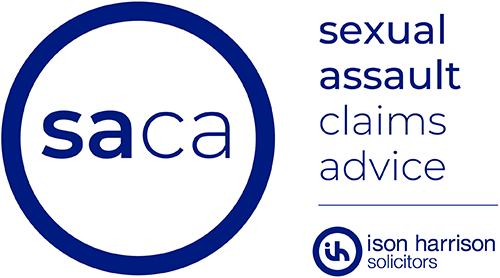Compensation levels for sexual assault. The Judicial College Guidelines (JCG) 16th edition has been updated with the addition of Section C. This update brings some important changes in the way courts in England and Wales handle personal injury claims. This section adds additional guidance on how the courts should calculate awards for personal injury claims when the claimant has been the victim of rape and/or sexual assault, and physical abuse.
The JCG sets out award levels in relation to civil claims and is not to be used as a reference point for determining awards made by the Criminal Injuries Compensation Authority which has its own tariff system for calculating awards made under that scheme.
Regardless of the cause of the injury the claimant may make a claim seeking compensation for their losses, which may include financial damages such as lost wages or medical expenses, as well as non-financial damages such as pain and suffering.
The Judicial College Guidelines are widely used by judges and lawyers to determine the appropriate amount of compensation to award in personal injury cases. The Guidelines provide a framework for judges to calculate compensation by considering the severity of the injury and the impact it has had on the injured person’s life.
Section C, which has been added to the 16th edition of the guidelines, is focused on helping judges and lawyers to calculate compensation for injuries relating to sexual and physical abuse. While mental trauma was recognised by the JCG in previous editions, there was no specific reference to injuries resulting from abuse. This new section recognises the impact of such abuse by recommending awards based on both the abuse and the psychiatric injury that resulted from the abuse.
Determining factors for compensation levels for sexual assault
The section sets out the factors that will be taken into account when determining the level of award. The factors stated are:
- the nature and duration of the abuse and any physical injuries caused.
- the nature and duration of the psychological injury and its effect on the injured person’s ability to cope with life, education, and work.
- the effect on the injured person’s ability to sustain personal and sexual relationships.
- abuse of trust.
- the extent to which treatment would be successful.
- future vulnerability.
- the prognosis for psychological injury.
Aggravating features which would lead to an additional sum for injury to feelings include:
- the nature of the abuse.
- the level of abuse of trust.
- any manipulation following the abuse to stop reporting of the abuse, or to seek to put blame on the injured party.
- the need for the injured party to give accounts and evidence of the abuse in criminal or civil proceedings, or in any other relevant investigation.
By providing additional guidance on these types of injuries, section C of the Judicial College Guidelines aims to ensure that awards for personal injury claims are fair and consistent. This will help to ensure that people who are injured as a result of another party’s negligence are appropriately compensated for both their financial losses and the non-financial impacts of their injury.
Levels of award
The JCG separates the level of the award based upon the impact of the assault and is classed as:
Severe – generally reserved for the victims of serious/severe abuse resulting in prolonged psychiatric injury. The mental injury will impact upon the individual’s education, employment, and personal life.
Level of award £45,000 – £120,000
Moderate – as above but less in relation to the extent and impact of the abuse with a good prognosis for recovery.
Level of award £20570 – £45,000
Less severe – in instances with no aggravating features and a lower level of seriousness with the psychological impact being mild and quickly resolved.
Level of award £9,730 – £20,570
The addition of a specific reference to injuries caused by abuse will help ensure that the victims of such crimes will receive an award based on the harrowing nature of the injury that is not found in other accident-based claims.
Overall, the addition of Section C to the Judicial College Guidelines 16th edition is a positive step that will help to ensure that personal injury claims based upon abuse are handled fairly and consistently. By providing more detailed guidance on specific types of injuries and how to calculate awards, the guidelines will help judges and lawyers to make informed decisions and ensure that injured people receive the compensation they deserve.


